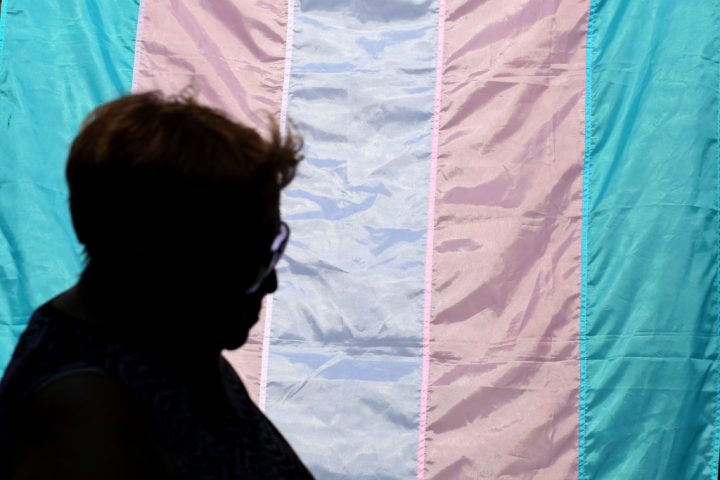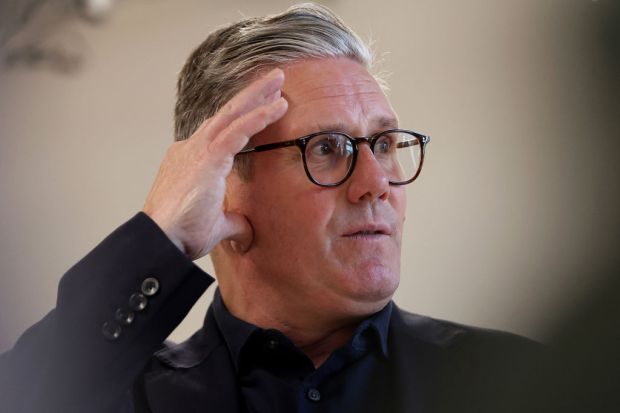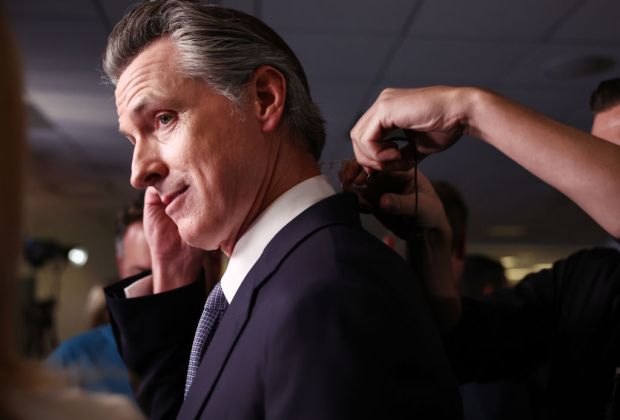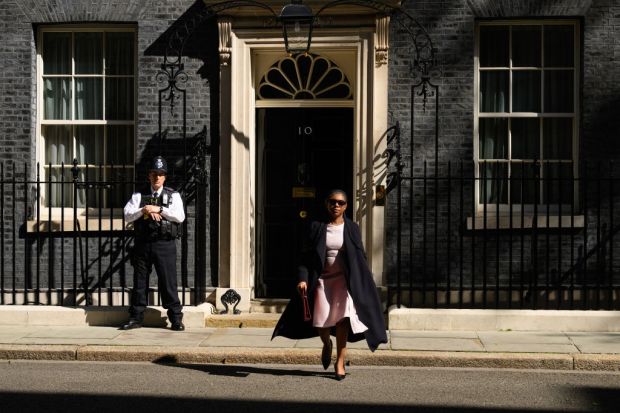The Council of Europe might claim to be focussed on human rights, democracy and the rule of law, but lately the Strasbourg-based human rights organisation has been championing a new cause: the propagation of gender identity ideology. A paper released earlier this month by the Council’s Commissioner for Human Rights should ring alarm bells across the continent.
Already a subscriber? Log in
Subscribe for just $2 a week
Try a month of The Spectator Australia absolutely free and without commitment. Not only that but – if you choose to continue – you’ll pay just $2 a week for your first year.
- Unlimited access to spectator.com.au and app
- The weekly edition on the Spectator Australia app
- Spectator podcasts and newsletters
- Full access to spectator.co.uk
Or




















Comments
Don't miss out
Join the conversation with other Spectator Australia readers. Subscribe to leave a comment.
SUBSCRIBEAlready a subscriber? Log in